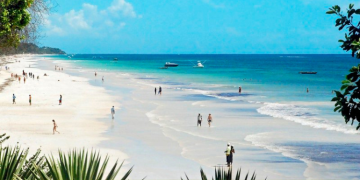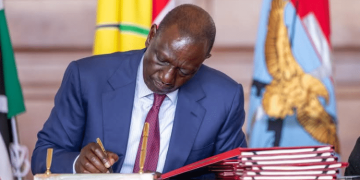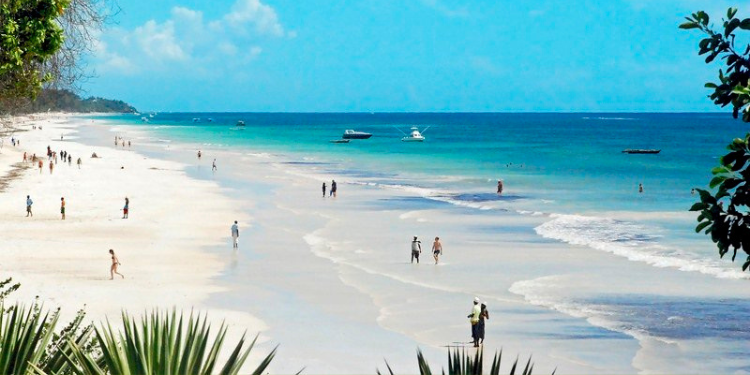Kenya’s efforts to establish itself as a luxury tourism hub through exclusive beach resorts and upscale safari lodges have raised concerns within the tourism sector.
In a new study from Travel and Tour World released on October 23, Kenya has been cautioned that the strategy could deepen inequality and limit local participation in the country’s tourism sector.
The study warns that Kenya’s drive to attract international investors for high-end coastal resorts may concentrate wealth among a small group of elites. As a result, many ordinary citizens could miss out on the economic benefits of tourism.
“The influx of foreign investment and the concentration of wealth in specific tourist hotspots could leave ordinary citizens feeling marginalized, undermining long-term tourism success and regional stability,” read part of the report.
“This raises questions about the extent to which local communities are benefiting from the region’s booming luxury tourism sector.”
Kenya Warned Against High-End Tourism
The report notes that while the government’s focus on high-end tourism aims to increase revenue with fewer visitors and lower environmental costs, however, it risks creating an uneven economic landscape.
“The expectation is that by attracting wealthier tourists, these countries will diversify their economies, generating more revenue with fewer environmental and social costs compared to mass tourism,” read part of the study.
Wealth from tourism is expected to flow primarily to investors and developers of exclusive properties in major tourist hotspots, leaving local populations feeling marginalized.
It adds that this concentration of wealth in select regions could fuel resentment among communities that feel excluded from the industry’s growth.
“This could undermine the long-term success of these tourism strategies, as the growth of the sector may not be seen as inclusive or sustainable,” the study warned.
Also Read: Kenya Warned of Potential Disease Outbreak
Recommendations to the East African Govt
Similar concerns have been echoed in neighboring countries such as Tanzania and Uganda, where the expansion of high-end lodges and exclusive resorts has been linked to land disputes and limited local involvement.
The study has urged governments to ensure that high-end tourism serves as a catalyst for inclusive growth rather than a source of exclusion.
Also Read: Kenyans Warned of Mass Job Losses if Trump Does Not Change His Mind
It stressed the importance of policies that empower local communities by promoting inclusive business models, encouraging local ownership of tourism enterprises, and reinvesting a fair share of tourism revenue into the local economy.
The report further recommends a balanced approach to tourism development—one that integrates community-based initiatives and provides targeted support for small businesses and local entrepreneurs.
“Kenya, Tanzania, and Uganda’s focus on high-end tourism may boost revenues, but it also risks widening economic inequality by excluding local populations from the benefits,” read part of the statement.
“This growing divide threatens the sustainability of their tourism strategies.”
Follow our WhatsApp Channel and X Account for real-time news updates.













































































